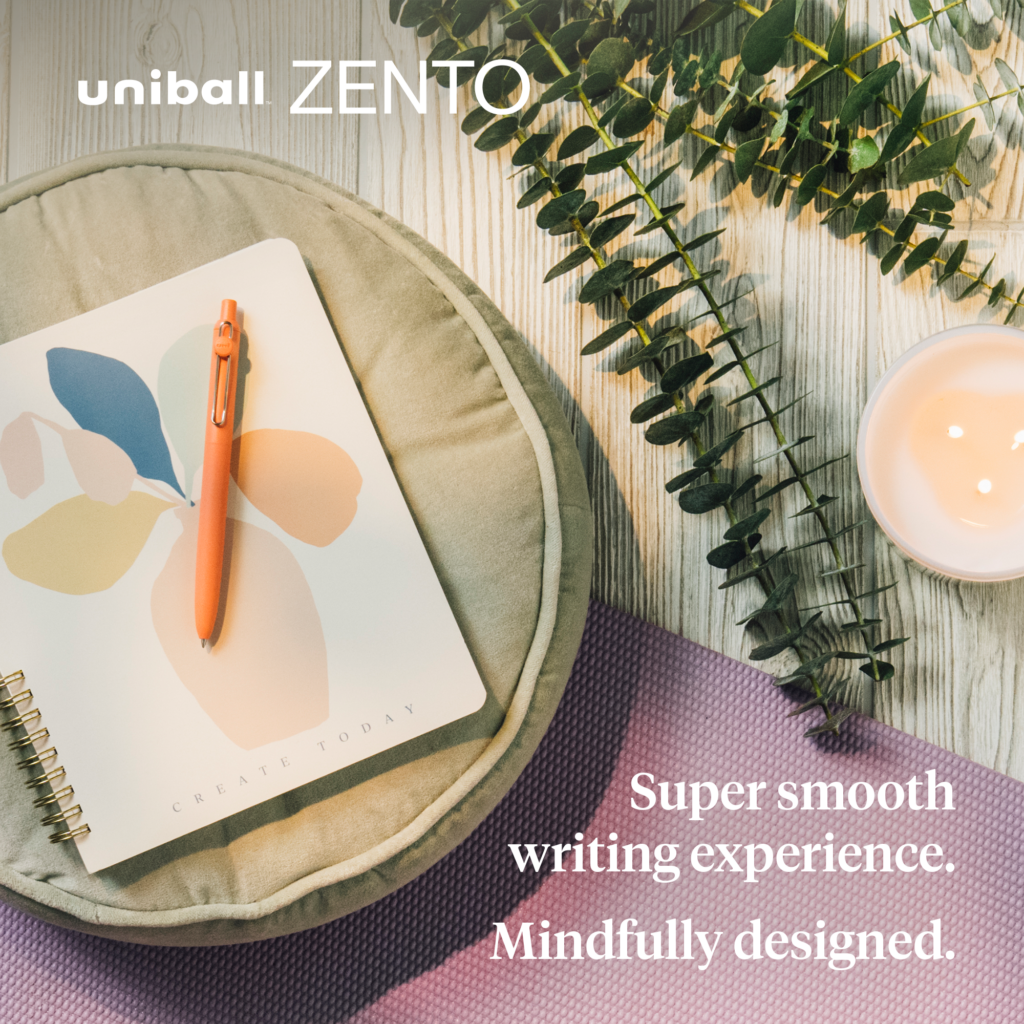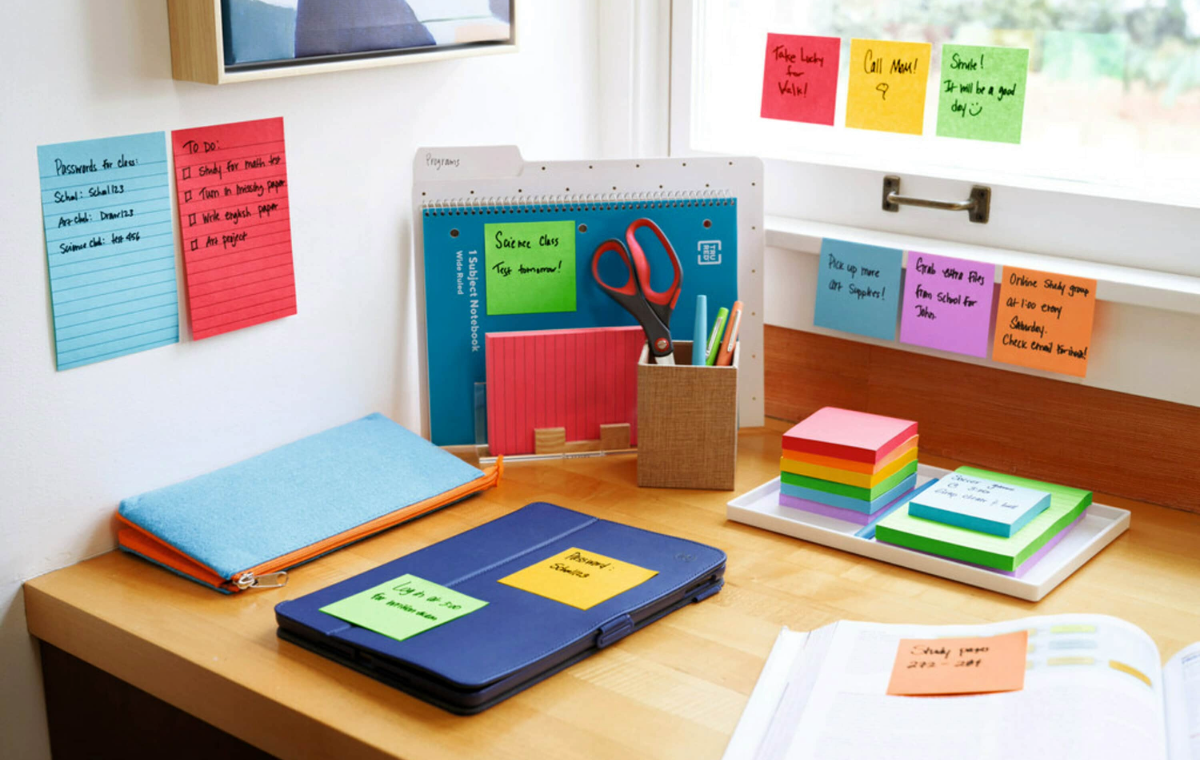If you’re reading this blog post, there’s a high likelihood that you have experienced work-related stress. As a matter of fact, according to a 2023 survey by the American Psychological Association, 77% of workers reported experiencing work-related stress, and 57% indicated negative impacts of work-related stress, including emotional exhaustion, lack of motivation, and lower productivity.
While many factors contribute to workplace stress, finding ways to manage it can greatly benefit your overall emotional and mental well-being. One method of reducing work-related stress is journaling. Although often thought of as a personal practice, research has shown that keeping a work journal can help guide focus and clarity, strengthen self-reflection, and foster emotional intelligence. Moreover, knowing different techniques to journal at work and having the right tools can make the practice even more effective.
The Benefits of a Work Journal
Keeping a work journal can be a great way to create clarity and focus, especially when it comes to setting goals, strategizing, and prioritizing projects and ambitions. A study by Dr. Gail Matthews at Dominican University found that participants who wrote down their goals were 42% more likely to achieve them compared to those who didn’t. Writing your goals can help create a sense of commitment and therefore more incentive to complete them. By putting pen to paper, you create a roadmap that guides your actions and prevents your goals from being forgotten.
A work journal can also spark self-reflection, which can improve job performance and even help avoid burnout. Lindsay Morgia writes of one study that found teachers who spent more time engaged in self-reflection of the day’s activities not only had a stronger emotional attachment and dedication to their work but were also less likely to experience burnout. Creating time to journal and self-reflect can provide deeper insight into your career journey and greater self-satisfaction.

Expressing your thoughts and emotions within a work journal can also cultivate greater emotional intelligence. Psychologist and behavioral science journalist Dr. Daniel Goleman, who popularized the term, described emotional intelligence as managing your thoughts, feelings, and beliefs and using this awareness to create healthy relationships and effectively handle challenges and decision-making. Caleb Imgbian writes that for success in the workplace, emotional intelligence is imperative and one of the most effective ways of enhancing this skill is through journaling.,
Starting a Work Journal
Creating a work journal could not be simpler, and with a few easy techniques, you can find a style of journaling that works best for you and help you reflect on your work experiences:
- Find time and space. Find a time of the day and a quiet space with no distractions that allow you to filter your thoughts without interruptions. Whether it’s early in the morning before reading emails or winding down in the evening, finding a quiet time and space is crucial.
- Get the right tools to start journaling. This is where the magic really begins! Having the right tools to express your thoughts and emotions can be the difference between journaling as a regular practice and trying it once only to never journal again. We recommend finding your favorite notebook and the right pen that’s perfect for the job – Zento. The Zento collection from uniball™ features super-smooth, quick-dry innovative ink technology that embeds between paper fibers to prevent bleeding for crisper, more precise lines. The Zento barrel features a seamless soft grip and thoughtfully curated colors made from 76% recycled materials – truly making this a journaler’s dream pen!
- Record your thoughts. With the perfect pen and notebook for your needs, it’s time to start writing down your thoughts and emotions judgment-free. Allow yourself the grace to not worry about writing correctly or for a specific audience other than yourself.
- Examine and organize. As you write down your experiences and emotions, carefully think about the decisions you made along the way. What was the context behind your decisions? What were the successes and setbacks of your decisions? What did you learn through the process of decision-making? Take the answers to these questions and notice any trends and patterns that you can group and analyze to better understand what is most relevant to your work.
- Turn your reflections into actions. Next, decide if there are actions that you need to take from examining and organizing your experiences. Consider what your next steps need to be and what actions can be integrated into your professional life.

Managing work-related stress is crucial for overall emotional and mental well-being, and one effective method is journaling. While often seen as a personal practice, research shows that keeping a work journal can enhance focus, clarity, self-reflection, and emotional intelligence. Furthermore, understanding different journaling techniques and using the right tools, like uniball™’s Zento collection, can make this practice even more effective. Therefore, incorporating journaling into your work routine can be a valuable strategy for stress management and personal development.
This content was provided by uniball.






